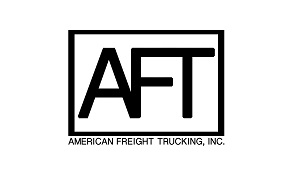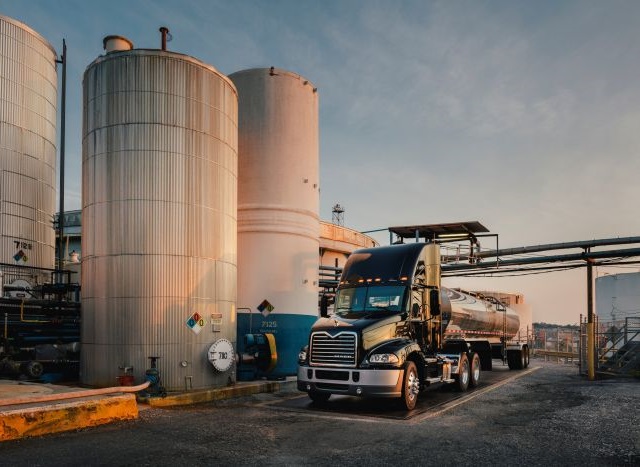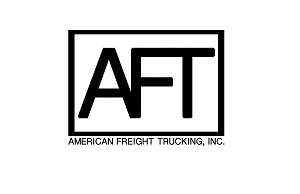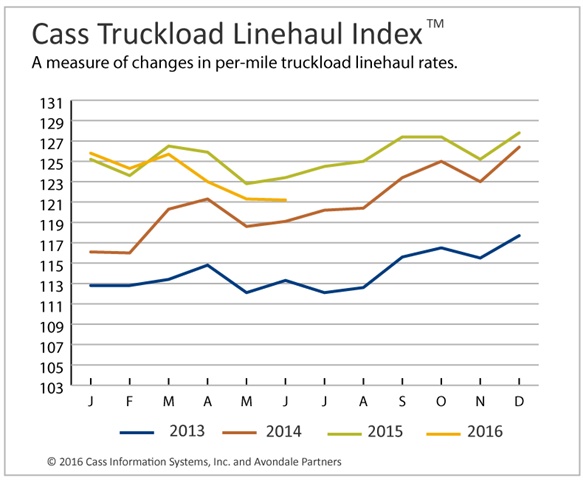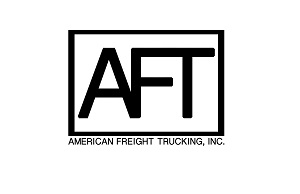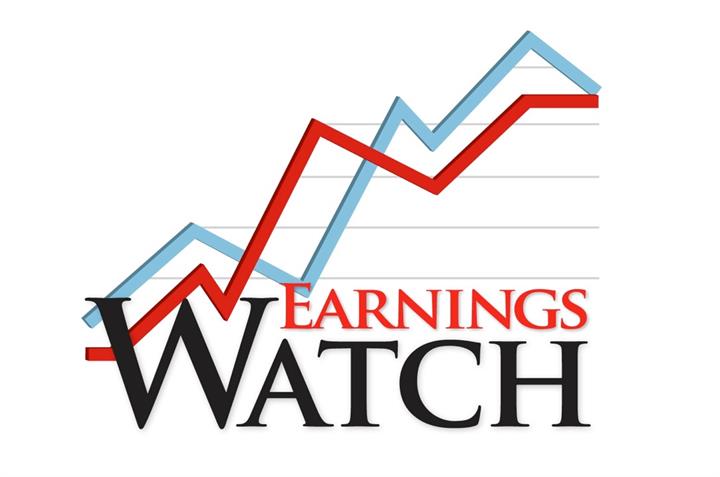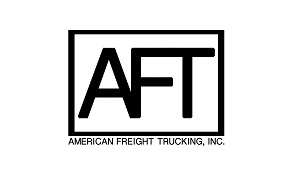Drivers Behaving Badly

There are bad apples in any profession, of course, but the visibility of tractor-trailers tends to result in more media coverage. Our industry already battles image problems, and these truckers really give all the safe, professional drivers out there a bad name.
My news feed every day is full of stories about drivers who get stuck driving places they aren't supposed to go, trying to make U-turns and failing miserably, striking overpasses that aren't high enough for their load, etc. But some really stand out.
Some of these stories are tragic. Take Randall J. Weddle, who the Federal Motor Carrier Safety Administration declared an "imminent hazard" recently. Weddle was traveling around 80 mph in a 55-mph zone in Maine when his rig crossed the centerline, tipped over and scattered its load of lumber onto the highway. Two people were killed.
A field sobriety detected the presence of alcohol and police found a bottle of whiskey in Weddle's truck. His CDL had been revoked by the state of Virginia for a driving while intoxicated conviction. He had multiple federal hours-of-service violations, and had taken a family member as an unauthorized passenger on the same trip, dropping the passenger off shortly before the crash. Weddle reportedly was asleep in his bunk while his trailer was loaded with lumber, while that unauthorized family member secured the load.
Others just make you shake your head, wondering whether the driver was really that dumb, careless, or simply didn't give a crap.
Take this example, from the Gothamist, about a trucker who decided to use the bike path to go the wrong way down a one-way street in the Williamsburg neighborhood of Brooklyn. It appears he was taking the four-block shortcut to avoid having to travel
"Look, sometimes you're driving a big rig through Williamsburg and that one-way isn't going your way but there's this green path to the side that's as wide as a truck with these weird little symbols on it, and well, you know the rest," starts the Gothamist story accompanying video shot by a cyclist.
The street, Kent Avenue, IS an official truck route, but it's a one-way, notes the report. "To travel south, as the trucker here wanted to, without breaking the law, commercial drivers are supposed to head five blocks over onto Roebling Street, or seven onto Union Avenue."
The cyclist who shot the video said, "My dad is a trucker, so I have a certain amount of sympathy for truck drivers getting disorientied/pressured in urban environments," he explained. But the driver cut off the videographer and another cyclist to make his turn off the one-way, and yelled some pretty rude and angry things at the cyclist while doing it.
It's these types of "bad apples" that give hard-working, safe drivers and trucking companies a bad name. And unfortunately it's a lot harder to get stories about the good things trucking is doing to go "viral." We just have to keep trying to tell our stories, one good guy at a time.
Follow @HDTrucking on Twitter
